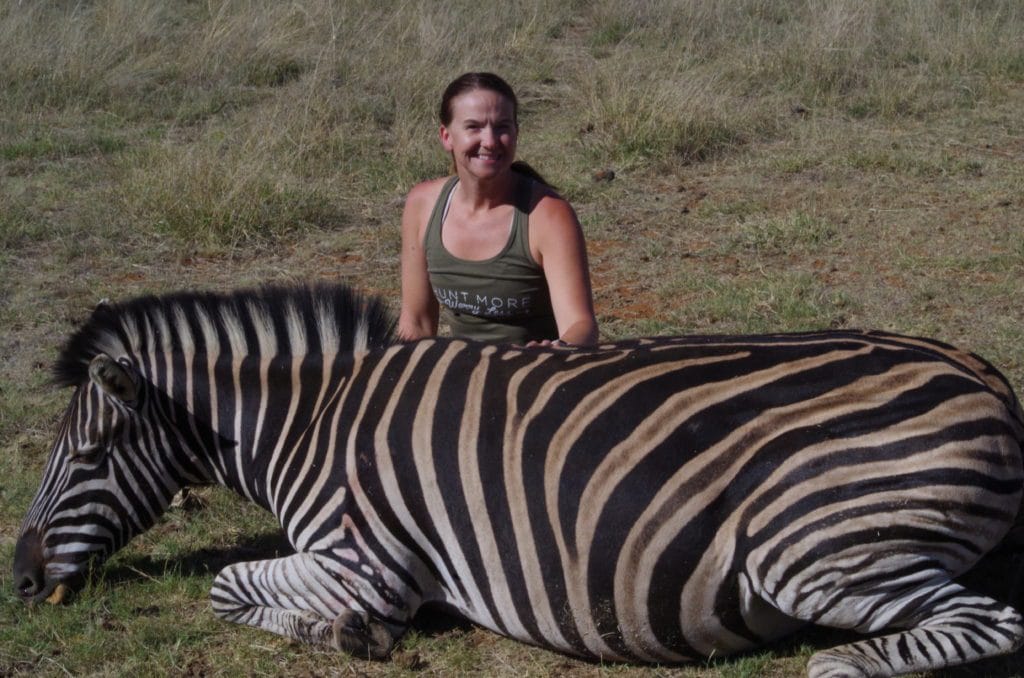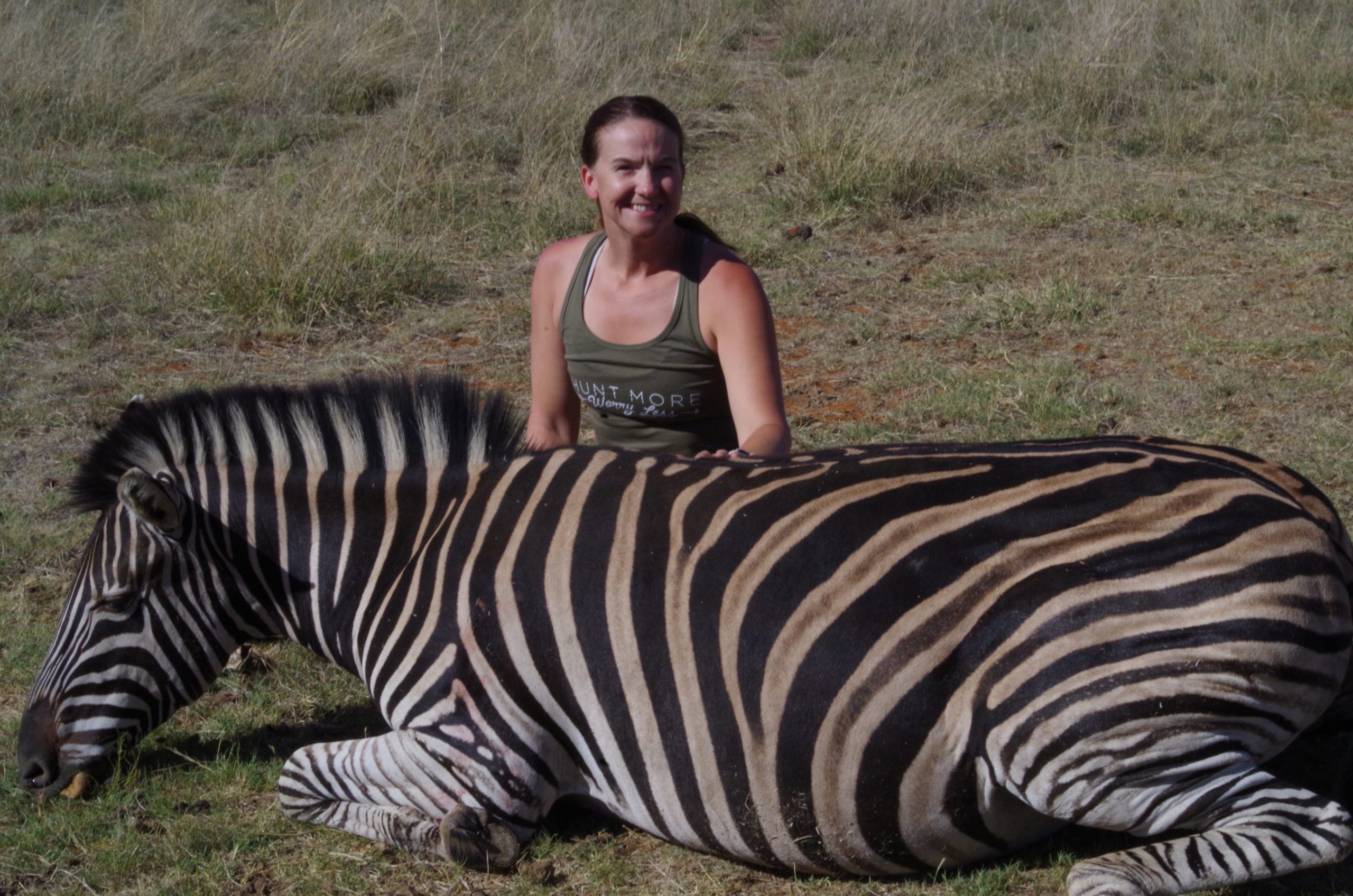Why is trophy hunting allowed?
Trophy hunting is allowed in some countries as a means of conservation and generating revenue for wildlife management. Proponents argue that it can help protect endangered species by incentivizing their conservation and providing funds for anti-poaching efforts. However, opponents argue that it is unethical to kill animals for sport. It can actually harm conservation efforts by disrupting ecosystems and encouraging illegal poaching.
We don’t agree with the opponents, do we?

What is trophy hunting?
Trophy hunting is the practice of killing wild animals for sport, typically with the goal of obtaining a trophy such as a mounted head or skin. Most hunters consider the meat from their harvest the trophy, as well. It is a controversial practice that has been criticized for its impact on wildlife populations and for promoting a culture of violence toward animals. Supporters argue that it can provide economic benefits for local communities and can help with conservation efforts.
What animals are trophy hunted the most?
The most common trophy hunted animals in Africa include lions, elephants, leopards, rhinoceroses, and buffaloes. However, many other species are also targeted by trophy hunters, including giraffes, zebras, and various antelope species.
What are the pros and cons?
It can provide revenue for conservation efforts and can help control animal populations. However, it can also lead to unethical hunting practices and can harm endangered species. We know that ethical hunting has never led to endangering a species.

What’s the difference between trophy hunting vs. poaching?
Trophy hunting is legal hunting that is regulated by government agencies and requires permits and licenses. Poaching, on the other hand, is illegal hunting done without permits or licenses. It often involves killing animals for their valuable parts, such as ivory or rhino horn, with no regard for conservation or sustainability.
Trophy Hunting Debate
The controversy:
Trophy hunting has been a controversial topic for many years. Critics argue that it is unethical and contributes to the decline of endangered species. Supporters argue that it can provide economic benefits to local communities and can help with conservation efforts.
The economic benefits
Supporters of trophy hunting argue that it can provide economic benefits to local communities. Hunters often pay large sums of money for the opportunity to hunt. This money can be used for conservation efforts and can help to support local economies.
The alternatives
There are several alternatives to trophy hunting that can provide economic benefits without harming endangered species. These include ecotourism, which involves observing and photographing wildlife, and non-consumptive hunting, which involves using cameras or other non-lethal methods to hunt. Again, no legal and ethical hunting has ever led to endangering a species, however.
Regulations and restrictions
Many countries have regulations and restrictions in place to limit trophy hunting and protect endangered species. These regulations can include limits on the number of animals that can be hunted, restrictions on the types of weapons that can be used, and requirements for permits and licenses.
Ethical considerations
It raises a number of ethical considerations, including questions about the value of animal life and the morality of killing for sport. It is important for hunters and policymakers to consider these ethical issues when making decisions about trophy hunting and conservation efforts.




